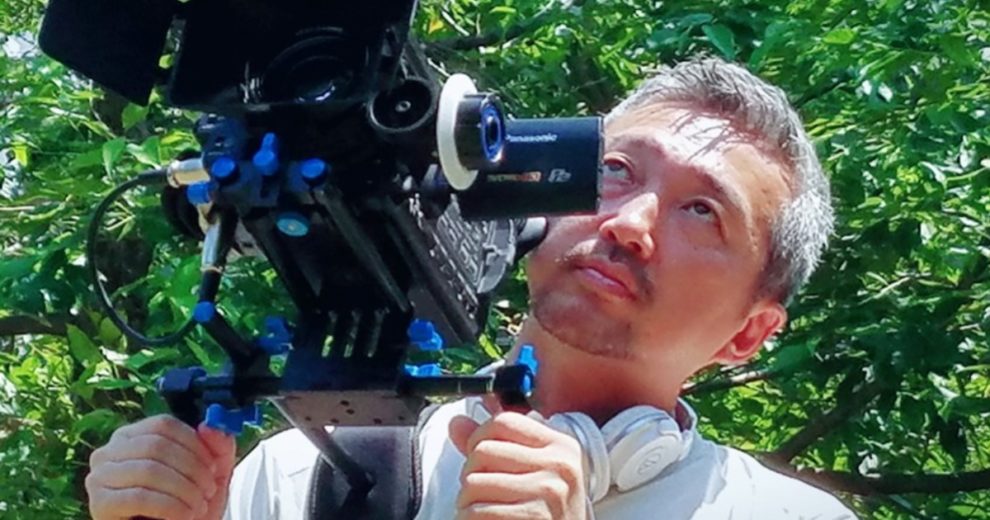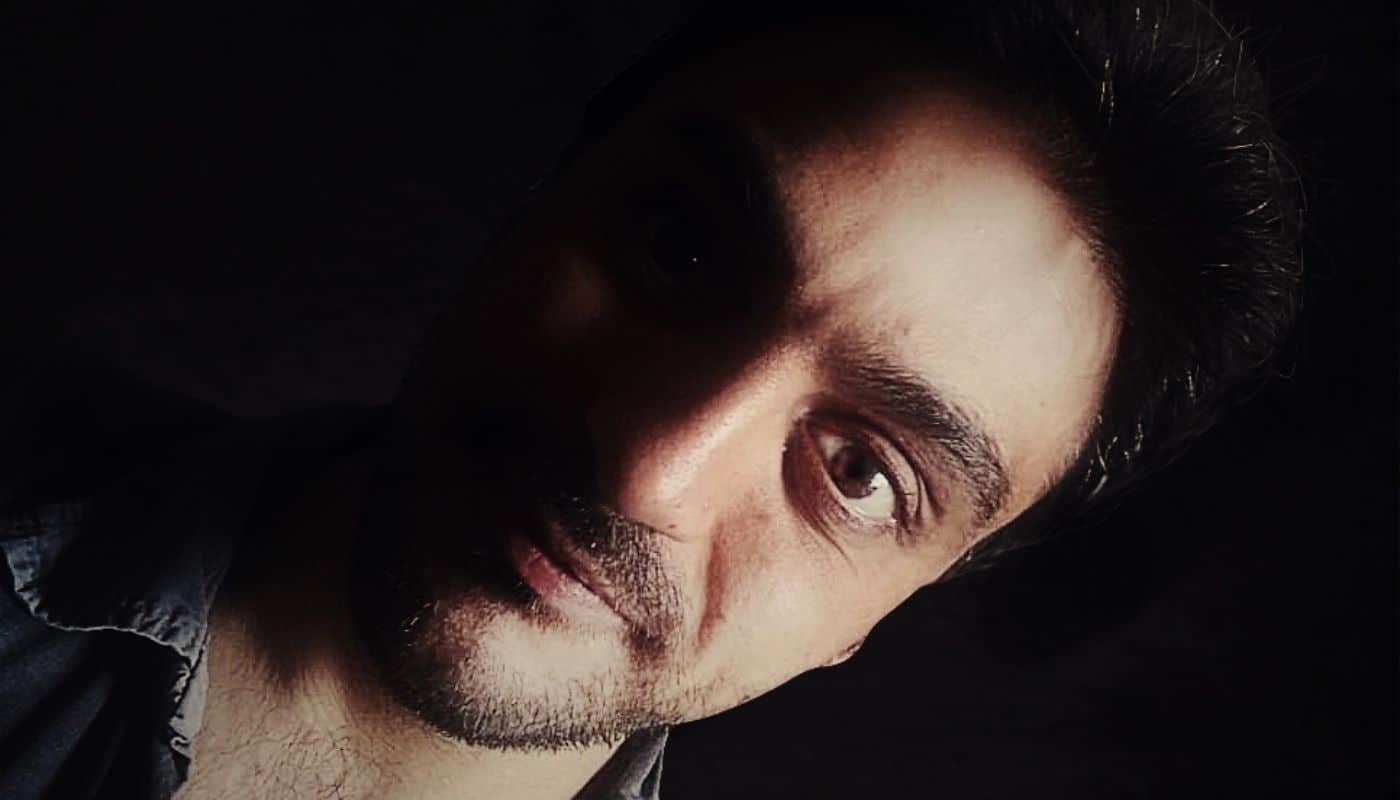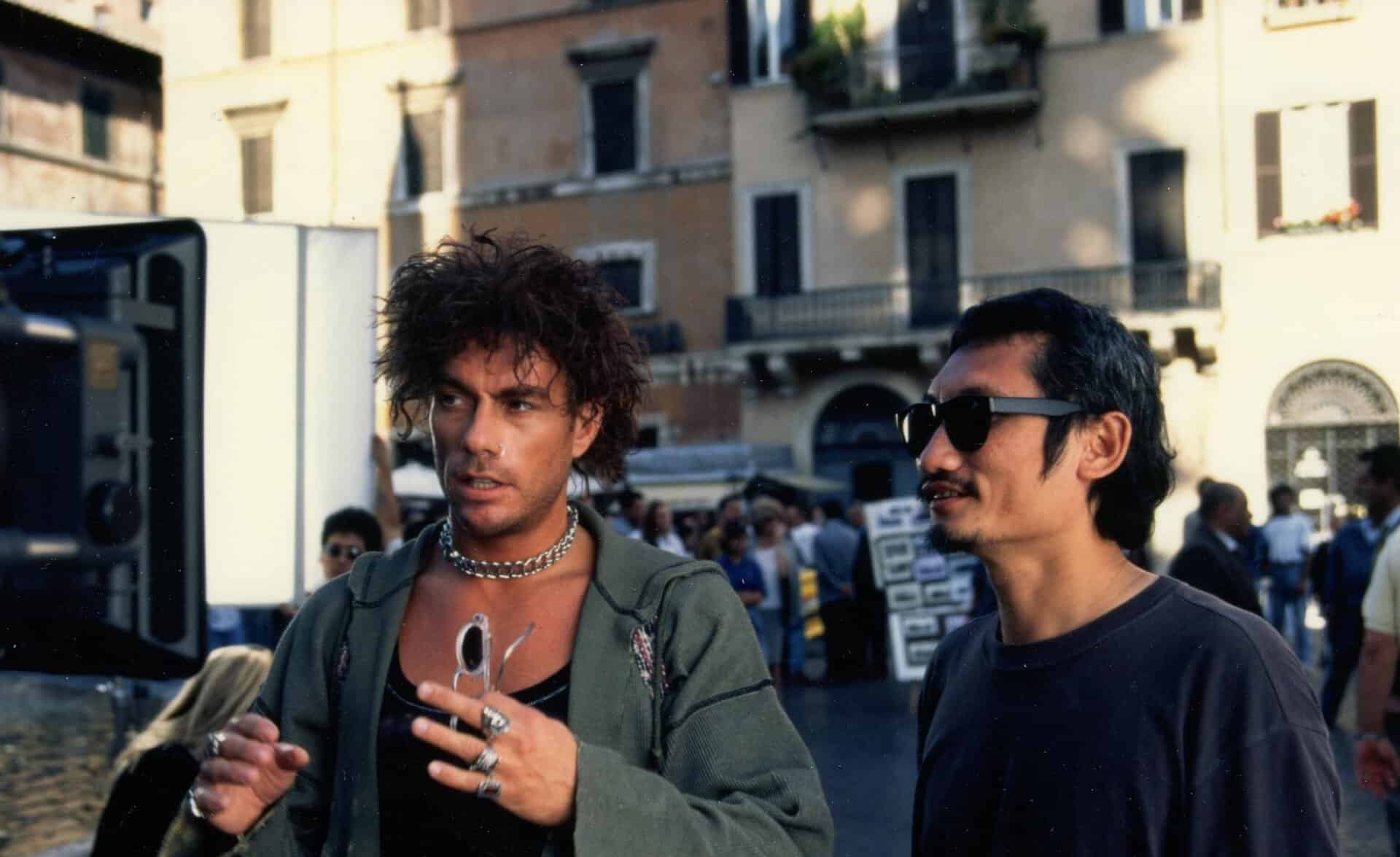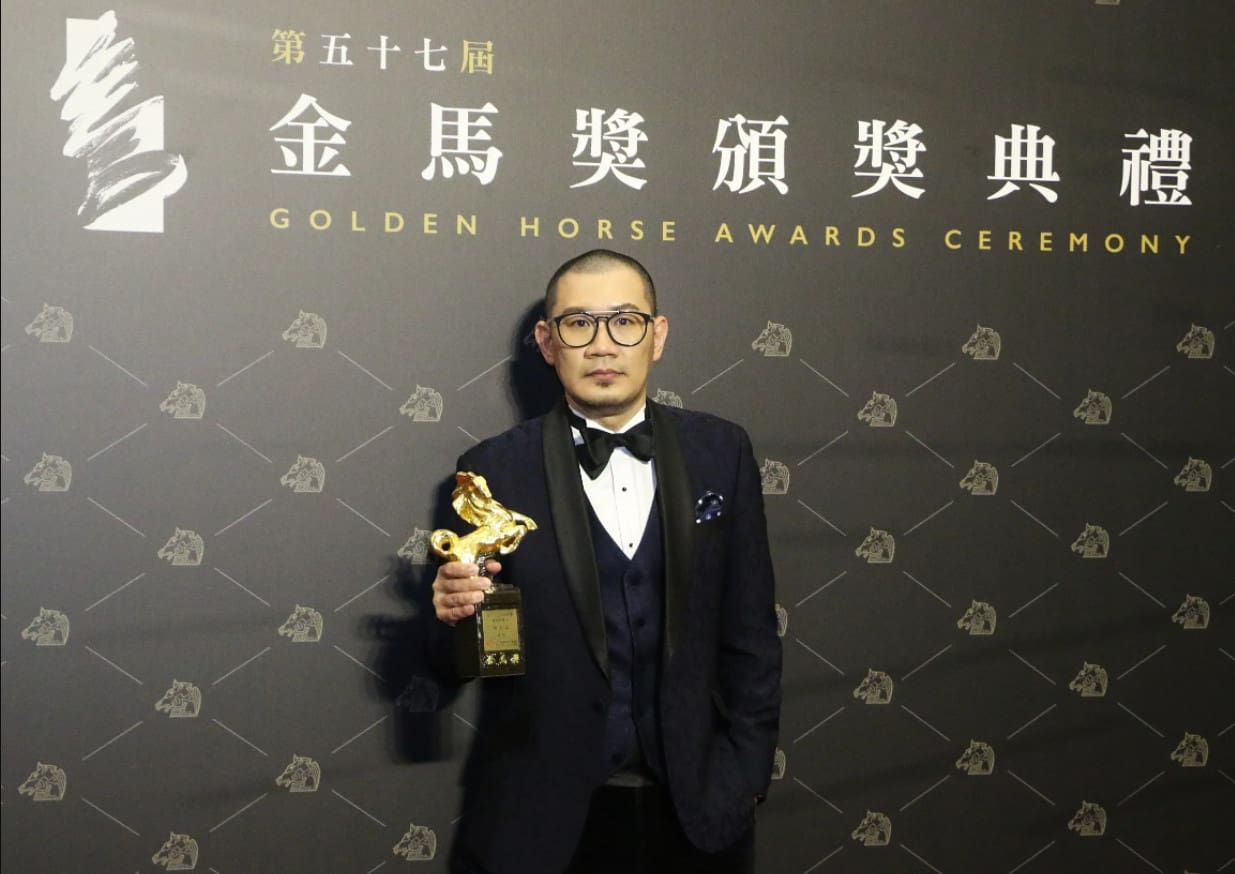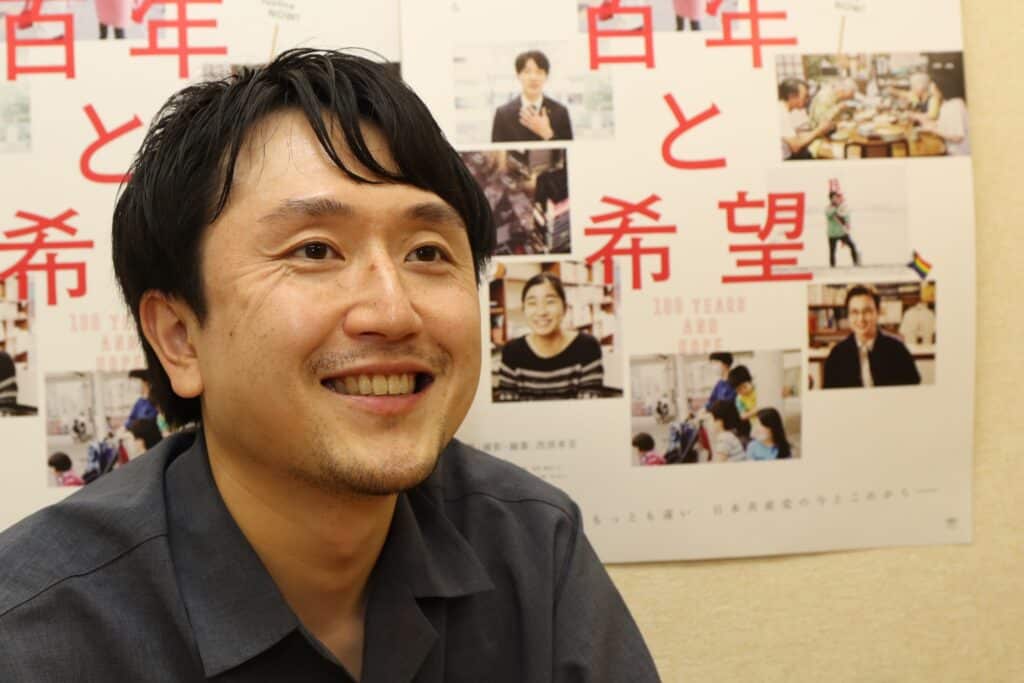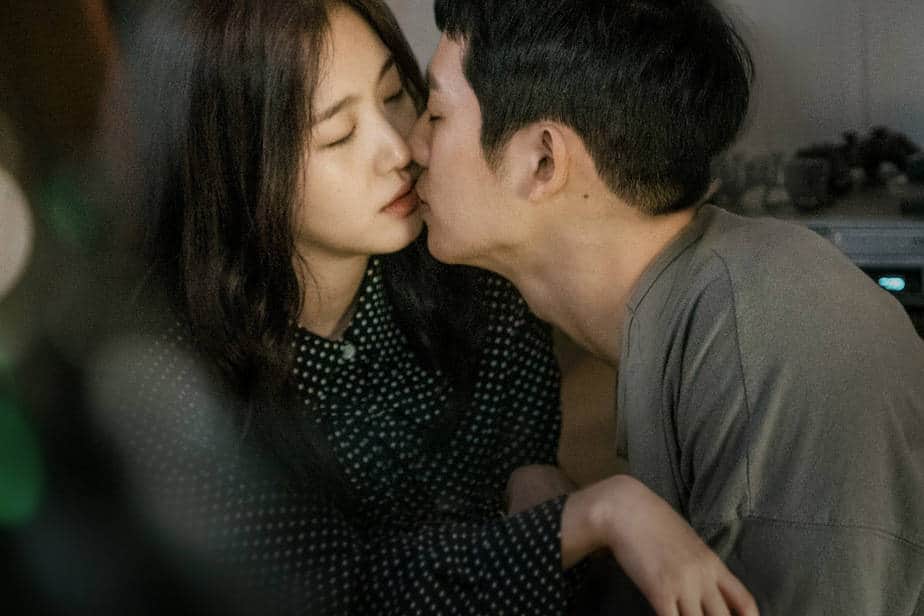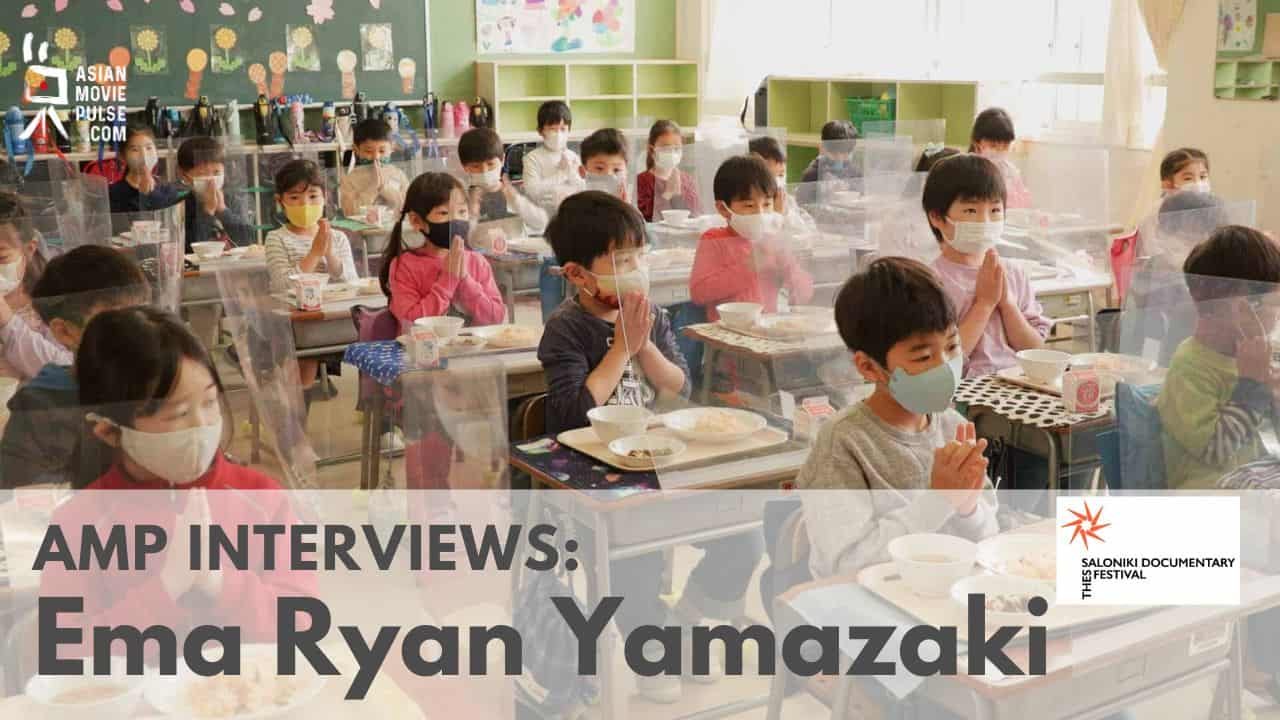After graduating junior high school in Japan, Shugo Fuji moved to New York, where he studied for 10 years. After coming back to Japan, his script got chosen out of 2,500 candidates and he was able to realize his first movie “Living Hell”, which instantly became a cult hit. His style is a mix of suspense and horror that's always based on fear originating from our mental weaknesses and social issues. “Red Line Crossing” was a long running hit at a theater in Shibuya while “Mimicry Freaks”, which we included in our Best Horror Movies of the Decade list screened in festivals all over the world.
On the occasion of his latest film, “Frantic” opening in Japan on November 12, we speak with him about the story behind the film, the Japanese movie industry and the Japanese people, being a one-man-show, the visuals of the movie, and many other topics
Frantic is based on your own stage play. Can you give us some more information about how the whole thing came to be? Also, what was your inspiration behind the story?
The stage part of the film is based on a true story; the incident happened 20 years ago. A group of actors on stage took the audience hostage. They punched and kicked their friends, yelled at the audience, and put on a crazy show. As a result, even the police came to the scene and it became a big deal. The reason he did it was to surprise the invited show-business people with a shocking performance and show them what he can do. I know the culprit well because it was me.

The film paints a rather bad portrait of the Japanese movie industry. How close to reality are the events depicted in the film? What is your opinion of the Japanese movie industry in general, both regarding actors and filmmakers?
It's true for the entertainment industry, rather than the movie industry, and everything portrayed in the movie is, well, true. There is no fiction. The lower you are in the industry, the more corrupt you are. However, this film is not a bashing of the industry. In Japan, there is a genre in film called “Seishun (youth)”, which is a film that portrays the disappearance, purity, and tragedy of youth. This film is a “Seishun” movie that depicts dissatisfaction with a society that scares those of age 29, to live their dreams.
You also seem to criticize the audience for their tastes. Can you elaborate on that?
It is not the taste of the audience that I am criticizing. What I'm criticizing is the audience's indifference to the crisis. When I did this play, there was no audience to stop me. They all looked down and didn't even try to look. Even though the rape was happening right in front of them, 300 people in the audience were looking down to stay out of it. This crowd symbolizes the Japanese people. I am criticizing the Japanese.
Apart from director, you are also writer, DP, and editor for the film. How difficult is it assuming all these roles? Are the reasons only financial?
I love to write as well as to direct. I'm also more than capable of shooting and editing. So, hireing a B-rank crew member for a low-budget film, I think I would be a better choice. I am also the director, scriptwriter, B-camera cinematographer, and editor for a Hong Kong film that is currently in production. I have a budget, but it is not plentiful, so doing it myself will produce better results. I believe that the director, scriptwriter, cinematographer, and editor are all connected by a single breath. The easiest way to make this connection is hiring skilled A-rank crews. If not, better to do it myself.
Can you give us some details about your purpose in the visual aspect of the movie? Also, why did you choose a non-linear narrative to present the story?
I loved The Godfather Part II, and I always wanted to make a movie that intercut the past and the future. Of course, that's not the only reason why I chose a non-linear narrative. Youth crime is a mixture of purity and greed. I wanted to portray such purity and greed separately, but at the same time. The use of split screens is also a metaphor for this.
The scene with the forced sex on stage is one of the most shocking. Was it difficult for the actors to shoot it?
You can easily imagine that filming a rape scene in front of an audience of 200 people is not an easy task. Above all, it requires the actress's guts, and Asaki Misaki, who played that scene, is one of the most gutsy actresses in Japan.
However, the difficulty lies not only in the filming, but also in inserting the rape scene at the script stage. The semi-rape was a series of taboo things. A rape scene that could be seen as disrespectful to women, a play about a disabled person by an able-bodied person, a play about a gay man by a hetero man. These are things that are politically incorrect in this day and age. At first glance,”Frantic” seems to be an anachronistic film that ignores them. However, all those who do so will be punished. They never get a good result. I hope you will not see this film as an anachronism.
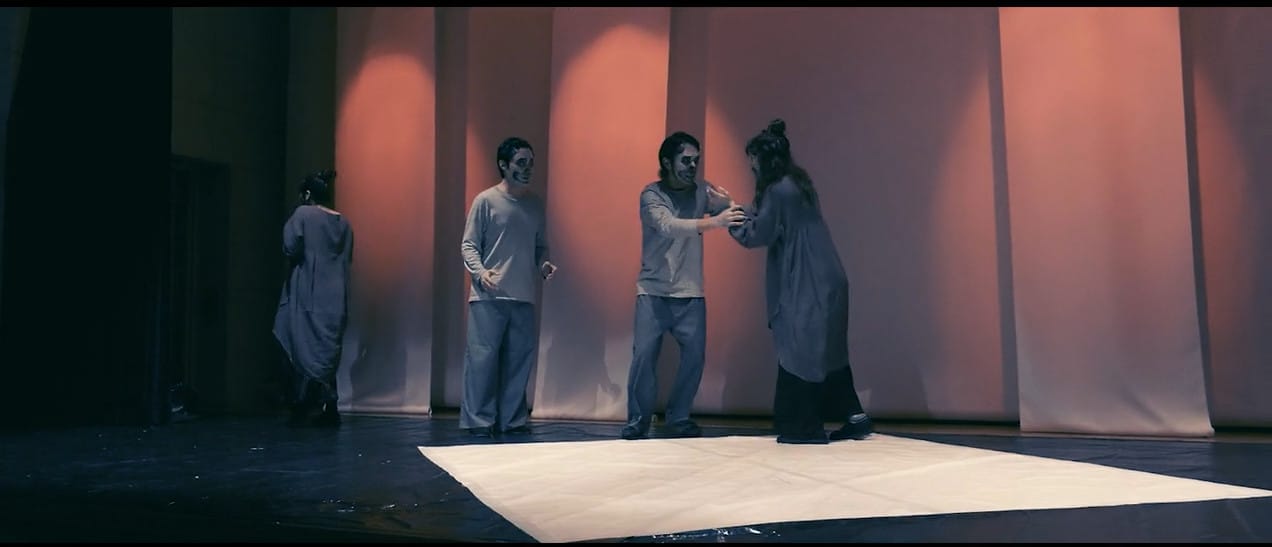
How was your cooperation with Takahiro Ochi and Toshiki Kudo? In general, what was the casting process for the film like?
All the cast members were selected through auditions of actors who are 29 years old and want to make a breakthrough, in reference to the theme of the film, “29 Years Old Chasing a Dream. Takahiro Ochi, in particular, is an actor with the capacity to play a leading role, and he has appeared in two of my new films. All of the actors cast in this film did not have to act. The actors in this film didn't have to act, because this film was their story.
Are you working on any new projects at the moment?
For three years now, I have been working on a Hong Kong film called “Onpaku” starring Josie Ho. It will finally be finished in December.


